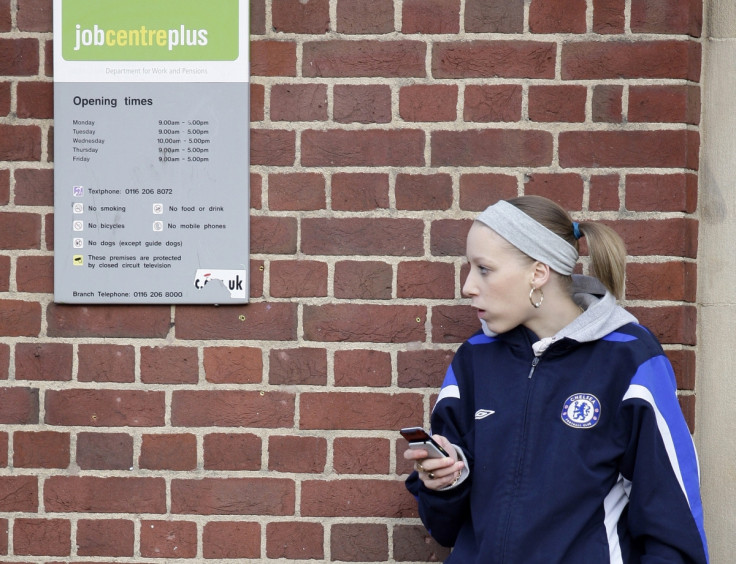BCC Urges UK Chancellor George Osborne to Tackle Youth Unemployment and Debt for UK Economic Recovery

The British Chambers of Commerce believes that the UK economy will return to pre-2008 crash levels by the second quarter of 2014, but stated that high youth unemployment and debt remain a concern.
According to a BCC report, the British economy grew faster than previously thought and has accordingly revised up the UK's economy growth rate up to 2.8% for 2014, from a previous forecast of 2.7% for the year.
"The upgrades to our growth forecasts are largely due to revisions to historic GDP data by the Office for National Statistics (ONS)," said David Kern, Chief Economist at the BCC.
"The good news is that GDP growth is expected to remain well above 2% for the next three years, and is likely to exceed its pre-recession peak in the second quarter of 2014 – a quarter earlier than we predicted in late 2013.
"This shows that the economy is on the right track, but we mustn't be fooled into thinking that it is back up to full strength just yet."
However, the BCC warned that while the UK economy is growing faster than expected, there are a number of key issues that need to be tackled for strong and sustainable economic growth.
"Our economic recovery is gaining momentum. Businesses across the UK are expanding and creating jobs, and our increasingly sunny predictions for growth are a testament to their drive and ambition," said John Longworth, Director General of the BCC.
"But it's not time to break out the champagne glasses just yet. Major issues remain, such as the unacceptably high level of youth unemployment. We urge the Chancellor to use this month's Budget wisely by incentivising businesses to hire young people so that the next generation of workers are not left behind."
Many young people in the UK are yet to see the full benefits of the country's gradual economic recovery, with over one million 16 to 24-year-olds still out of work and education in the three months to December last year.
According to official figures, the number of so-called Neets (Not in Education, Employment or Training) dropped by 38,000 when compared to the three months to September 2013.
The ONS said the percentage of all young people in the UK who were Neet was 14.4%, down 0.5% points from the previous period.
Meanwhile, global debt has risen by 40% to $100tn (£60tn, €72tn) as governments have taken advantage of record low interest rates to borrow more money for cheaper.
"The UK's current account deficit remains excessive, and without a stronger rebalancing towards net exports, we could face serious risks to our long term economic health," said Kern.
"In addition, while business investment is set to pick up, it is still far behind our pre-crisis peak. If we are to better this, we need higher productivity. What's more, businesses will only increase their capital if the current environment of low inflation and low interest rates persists."
© Copyright IBTimes 2024. All rights reserved.






